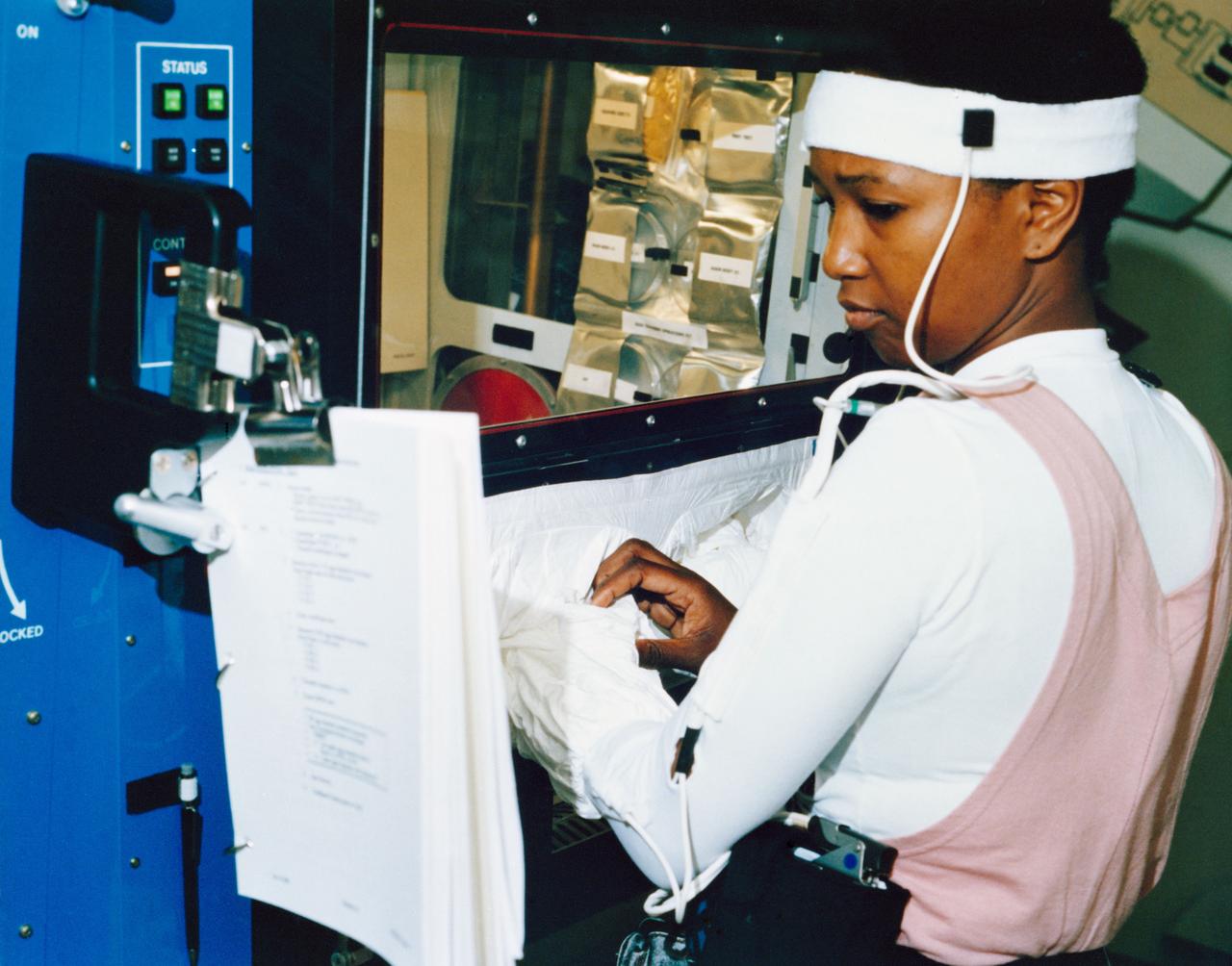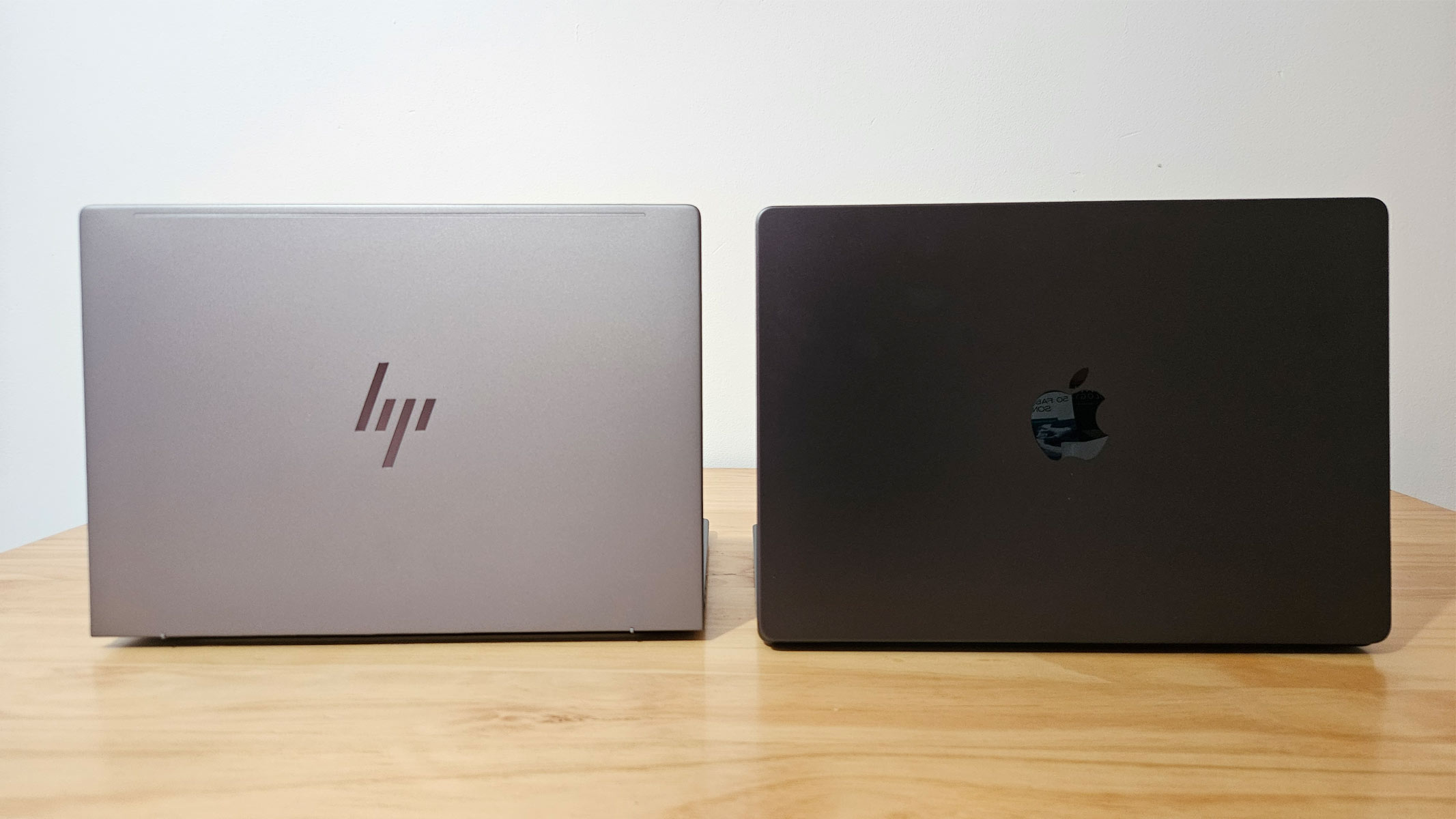Astronaut Mae Jemison Wants to Spread Apollo Enthusiasm with New Skyfie App

Former NASA astronaut Mae Jemison remembers well the excitement of the first moon landing, 50 years ago — and she just launched an initiative to bring the fun to the next generation.
Jemison, also known for her 1993 appearance on "Star Trek: The Next Generation," has an activity in the app called "Skyfie," a successor campaign to one she co-led last year called "Look Up." With this campaign, anybody in the world can upload pictures or other multimedia showing their connection with the lunar anniversary or with the sky in general.
People have looked at the sky for thousands of generations, Jemison told Space.com. That heritage is echoed in English expressions such as "things are looking up," which means that our lives are about to improve. And people have experienced that awe at the sky all across the world.
"There's an African proverb — 'No one shows a child the sky.' For me, that means it's a part of us," said Jemison, the first African American woman in space.
Related: Apollo 11 at 50: A Complete Guide to the Historic Moon Landing
- Relive the Apollo 11 Moon Landing Mission in Real Time
- Apollo 11 Moon Landing Giveaway with Simulation Curriculum & Celestron!
- Apollo 11 at 50: A Complete Guide to the Historic Moon Landing
"The very definition of improbable"
Jemison loved the cosmos long before the moon landing in 1969, when she was 12 years old and excitedly telling any adult who would listen about the Apollo program's engineering.
She also remembers the years before that, when a moon landing was described as "the very definition of improbable." Adults, she recalled, would say things like, "You may as well be trying to go to the moon." So, when it did become possible to land on the moon, Jemison said, we had to change our definition of ourselves.
Breaking space news, the latest updates on rocket launches, skywatching events and more!
"For me," she added, "it was about exploration. I always wanted to explore the world, the ocean, the stars, and so that was a part of it. It was also that we had to do more stuff on this planet than try to take other people to space."
Besides enjoying science, Jemison was interested in politics from the tender age of 8 — which was perhaps a product of growing up in the politically active 1960s, she said. Women, people of color and other minorities were all fighting for more recognition in society. This so inspired Jemison that she took African American studies in college along with her engineering courses.
"I wasn't old enough to be a hippie, but when I looked around, it was about people trying to assert their place in the world," she said. "[Some] people looked at it as anarchy, because systems were being upended, but it was people finding their place."
"It gives us a place for our adrenaline"
That effort to find place included the birth of Tanzania, a state created in 1961 as various countries in Africa declared their independence from British colonization. The region had battled centuries of exploitation that included the slave trade and the forceful export of the area's resources to other countries.
Around the Apollo era, then-Tanzanian President Julius Nyerere is attributed with saying, "People have gone to the moon, and we are still trying to reach the village, and the village is getting farther," according to his 1999 obituary in The Washington Post.
To Nyerere, Jemison said, the moon landing represented a dichotomy: We could either spend the money on space technology or spend it on solving real and pressing problems here on Earth. Jemison, who flew to space for about eight days in September 1992, said she sees the issue a little differently.
"The juxtaposition wasn't the moon or doing right on Earth," she said. "It wasn't whether or not we work on advanced technology or basic science research. That's not what's killing our budget. If you wanted to look at something ... I hate to say this, but why don't we just get along?"
The budget killer, in other words, is the military. U.S. defense spending last year reached $649 billion, making up roughly 15% of the country's national budget, according to the Peter G. Peterson Foundation; that's more than China, Saudi Arabia, India, France, Russia, the United Kingdom and Germany spend on defense combined. NASA's proposed fiscal 2019 budget is 3% of the country's defense costs, at $21.5 billion.
"When you look at the money that's spent on defense and how much a bomb costs — seeing [that] a bomb can cost a million dollars — imagine that if we can put as much energy, sometimes, into thinking and understanding," Jemison said. There are many creative ways that people could redirect that energy, she said, and that includes spaceflight.
"It gives us a place for our adrenaline," she said. "As physical creatures, we need that stress. That's why we have so many people manufacturing drama! We need — [as] mammals, we need — some stress on our system to be our best. But stress and adrenaline, it doesn't have to be negative. It can be the adrenaline of putting together a project and making it happen. There's so many things that can be positive. I think that space exploration is one of them."
She added, however, that she doesn't mean everyone can climb into a spaceship and escape the ills of Earth. "The vast majority of us are not going to be able to go," she said, so we need to use space as a way of connecting even the Earthbound population. And she said she hopes that Look Up Apollo will contribute to that, because it is free to everyone — "there's no in-app purchases," she joked.
Jemison is also known as a principal of the 100 Year Starship (which not only encourages engineering projects, but also gives out writing awards for interstellar technologies) and various other space ventures. In one of her recent initiatives, she works with the National Board for Professional Teaching Standards, which certifies grade-school teachers. Jemison's mother served with the Chicago public school board, and in honor of that work, Jemison is looking at more ways to include science in public education, she said.
After all, every kid wonders about the sky — such as what clouds are, Jemison said. "Even when you [already] learned about them in science class, they are still interesting."
"Skyfie" is available for download at the iOS and Google Play stores.
Editor's note: An earlier version of this article incorrectly named Jemison's new app as "Look Up Apollo." It is called "Skyfie."
- Exploring the Apollo Moon Missions Using Mobile Apps
- Hologram of NASA Astronaut Mae Jemison Arrives at NYC's Intrepid Museum
- Women in Space: A Gallery of Firsts
Follow Elizabeth Howell on Twitter @howellspace. Follow us on Twitter @Spacedotcom and on Facebook.

Elizabeth Howell (she/her), Ph.D., was a staff writer in the spaceflight channel between 2022 and 2024 specializing in Canadian space news. She was contributing writer for Space.com for 10 years from 2012 to 2024. Elizabeth's reporting includes multiple exclusives with the White House, leading world coverage about a lost-and-found space tomato on the International Space Station, witnessing five human spaceflight launches on two continents, flying parabolic, working inside a spacesuit, and participating in a simulated Mars mission. Her latest book, "Why Am I Taller?" (ECW Press, 2022) is co-written with astronaut Dave Williams.
